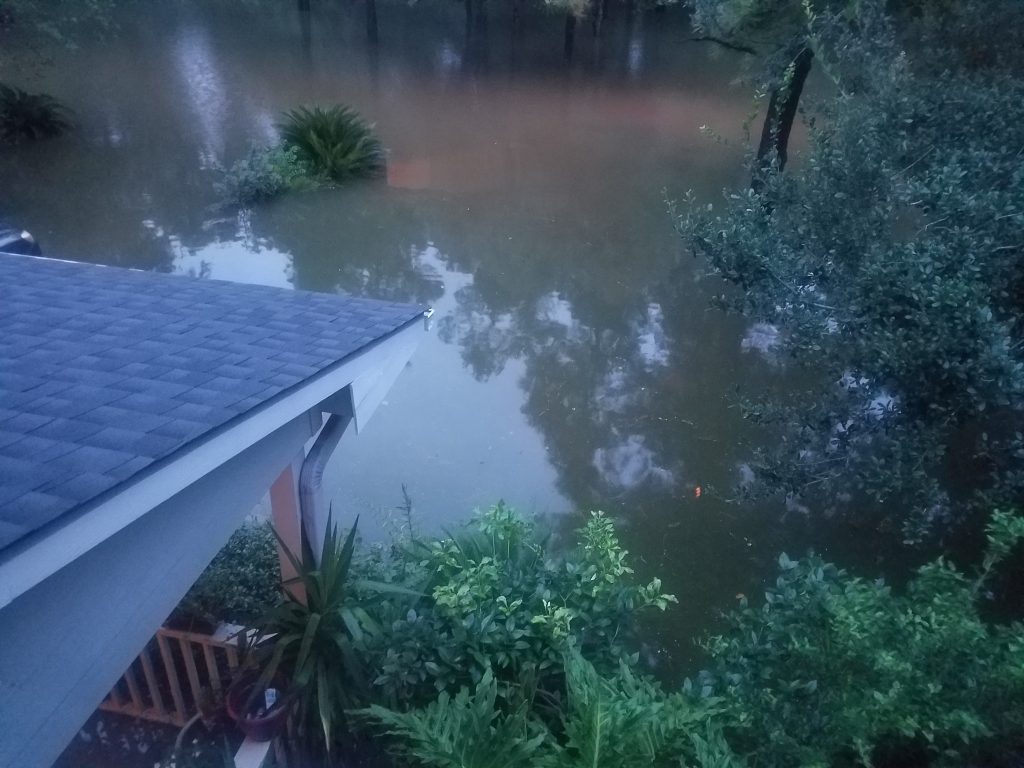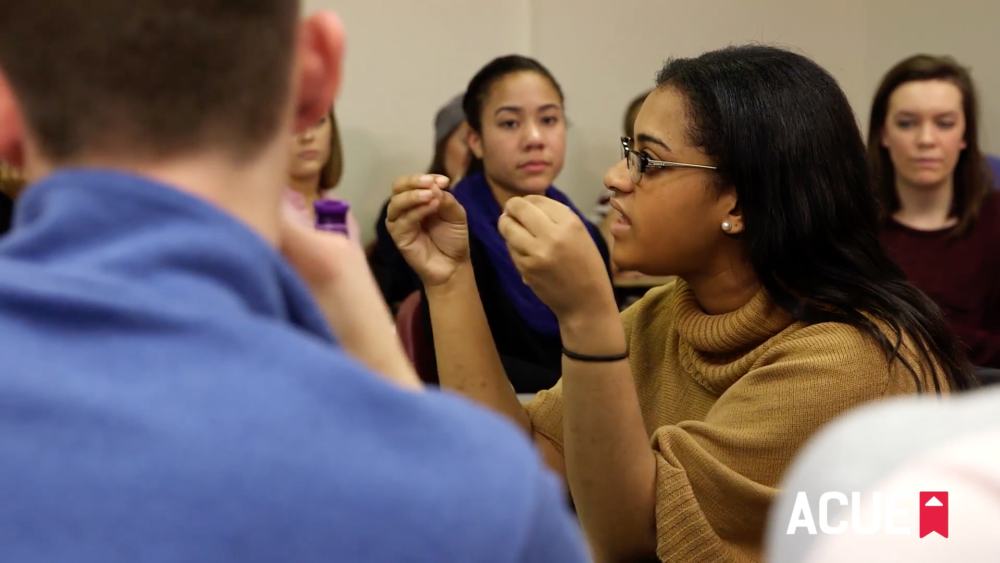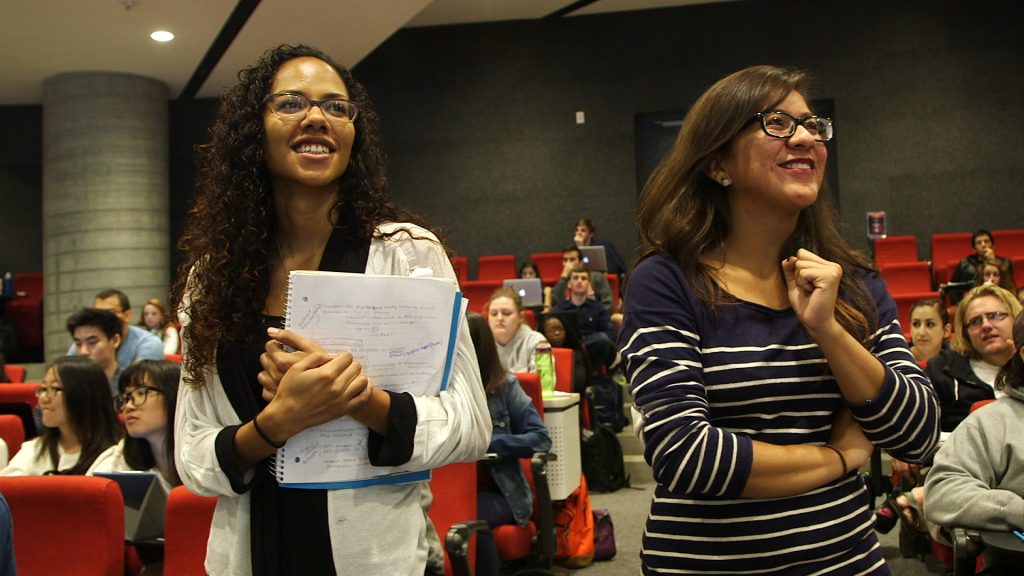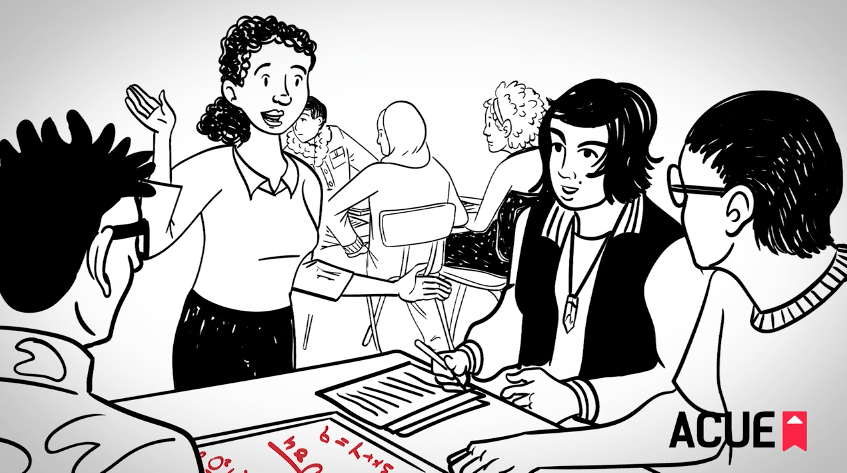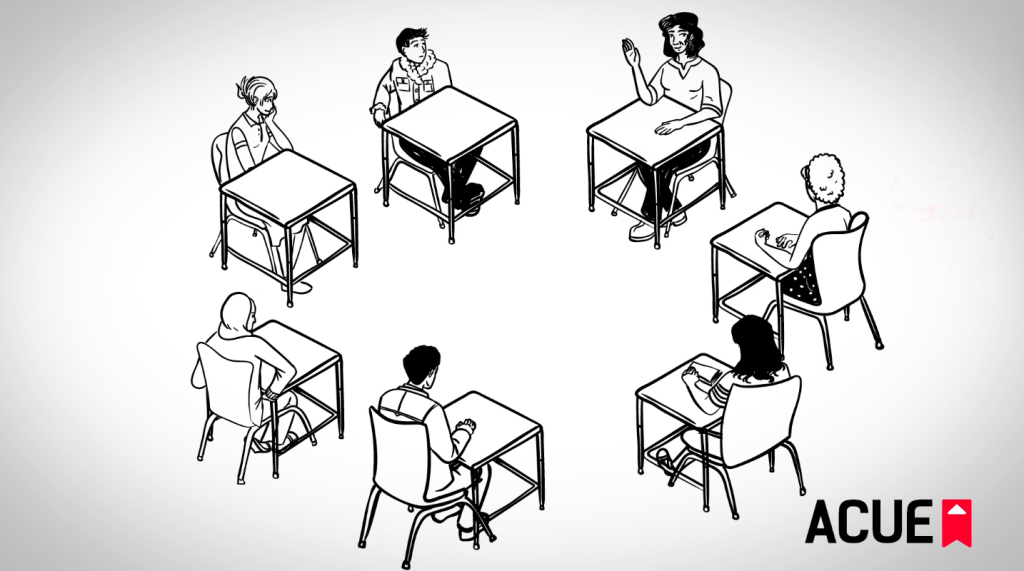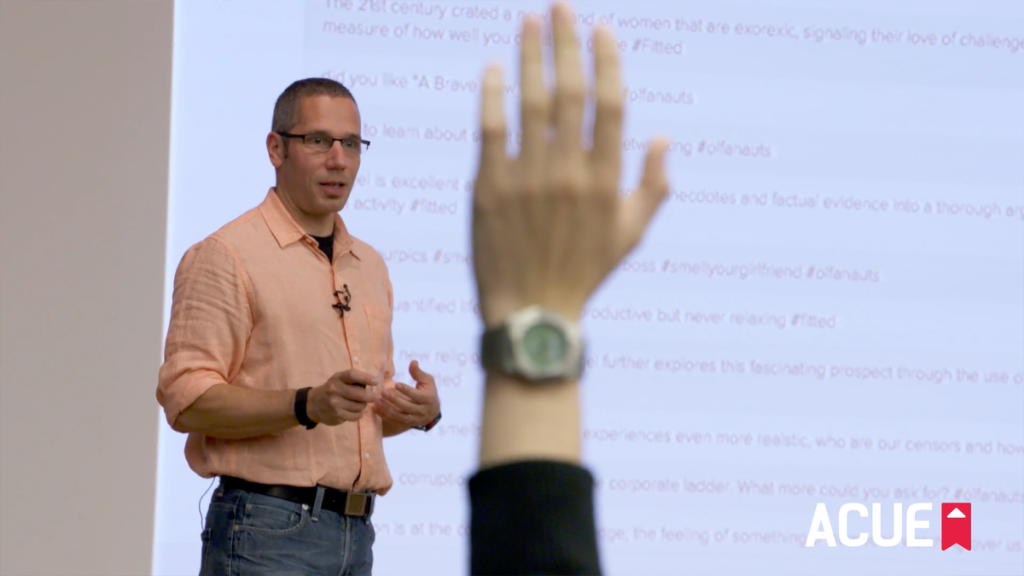
News Roundup: Incorporating Technology Into Lectures
This week, Dr. Stephen Brookfield offers ways of incorporating technology into lectures after students reveal that they value both personal interaction and technology.
| News and insights delivered to your inbox every week: The Q Newsletter. |
Educators Grapple with Integrating Technology Into the Lecture
According to two new surveys, most adults report that they learn more from technology than from people, while online students value personal interactions. To meet these competing challenges, Dr. Stephen Brookfield suggests that instructors seek out technology that strengthens rather than replaces in-person instruction. (Education Dive)
4 Questions to Ask Before You Co-Teach
Julia Weise and Claudia Holguín Mendoza offer lessons on co-teaching a course, including reviewing each other’s research, discussing assessment styles and content delivery, and identifying power dynamics in the classroom. (Inside Higher Ed)
Bringing the Current Into the Classroom
Connecting current social issues with course content can increase student engagement, Kristi Kaeppel writes. Based on her experience, she makes suggestions for raising contentious issues in class discussions, such as doing so incrementally and helping students find common ground. (UConn Graduate Certificate in College Instruction Blog)
Teaching With Cultural Diversity
Classroom diversity can bring many benefits to a classroom, according to Lilia Mantai. She provides tips for ensuring these benefits are realized by strategically increasing positive interaction among students with different cultural backgrounds. (Teche)
Teaching From the Passenger Seat
Leading a discussion session based on a professor’s lecture can be challenging for many graduate students. David Gooblar offers advice for taking on the new role, demonstrating authority in the classroom, and planning for future lessons. (Vitae)
Fostering Deep Learning in College Teaching
Michael Harris’s takeaways from his learning center’s Teaching Effectiveness Symposium include framing a course with questions that encourage student curiosity and providing opportunities for students to try, fail, and receive feedback. (Higher Ed Professor)
Partner News
Kansas State Community College: KCKCC joins with ACUE to launch student success initiative (Wyandotte Daily)
West Virginia University: West Virginia University reports rising numbers across the board (The Exponent Telegram)
